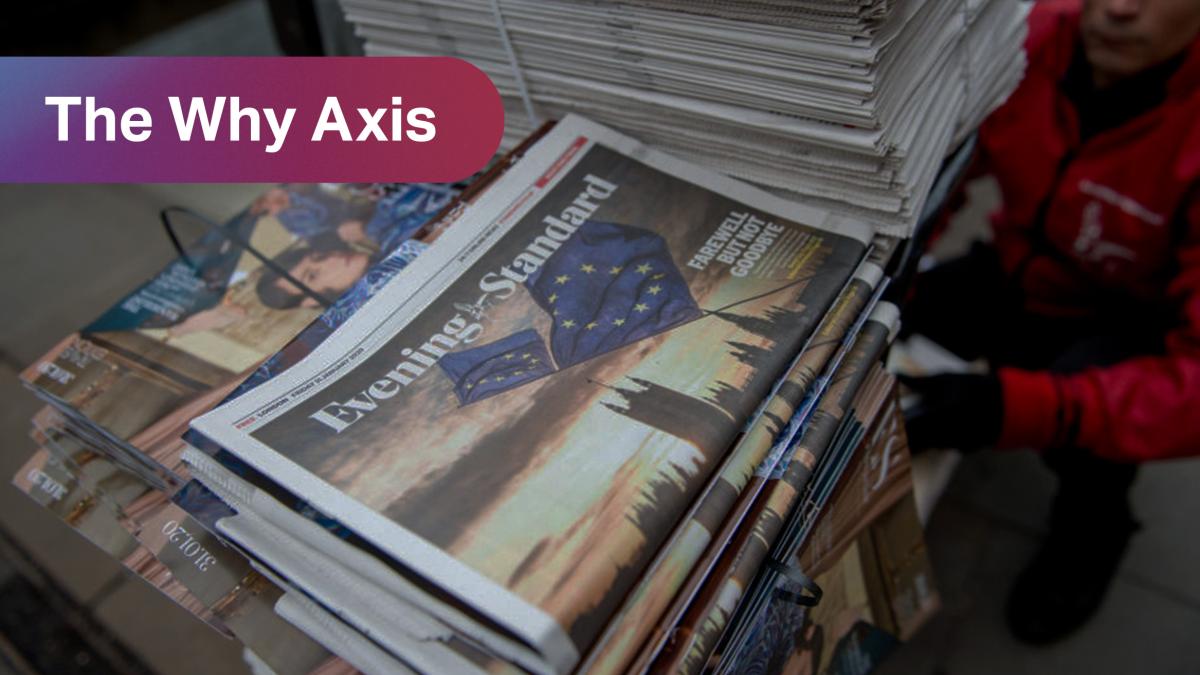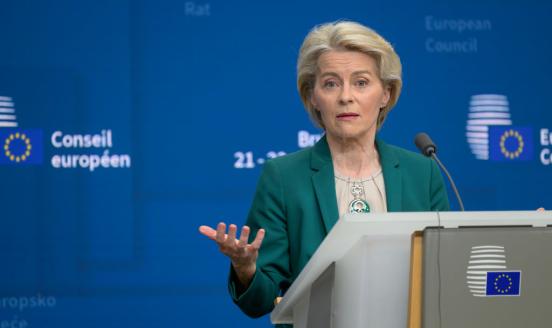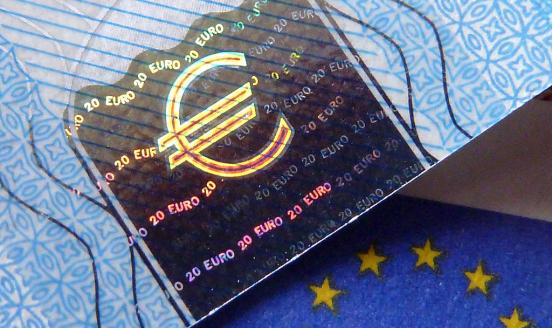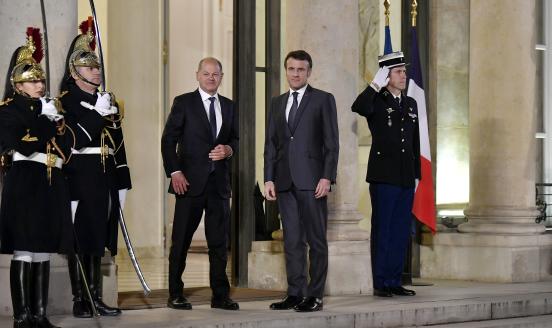How can the EU issue debt to finance EU public goods?

Policymakers are increasingly attracted to the concept of European public goods. The EU's need to galvanise resources for critical and emerging green and digital technologies has recently led the European Commission in 2023 to propose a Strategic Technologies for Europe Platform. At the same time, the Union remains dependent on own resources which are funded by the member states.
NextGenerationEU (NGEU) as a response to the pandemic has pioneered EU debt-financing and it has given EU borrowing a new quality in terms of magnitude and in terms of legal design. Building on this experience, it is important to investigate legal avenues for the EU to borrow on the capital market to finance public goods.
The NGEU could be replicated but would remain exceptional in the sense that no permanent EU tasks could be financed through NGEU-like funds. The legal analysis shows that the EU could even debt-finance its regular budget. Clearly, this would be subject to constraints as the EU does not enter capital markets as a sovereign state. A core limitation is that the EU must have adequate means to meet its debt service in any year. Within this constraint, the EU has leeway regarding the ‘spending’ of borrowed funds, allowing the EU to spend with the purpose of, inter alia, climate funding, cohesion policy, infrastructure, or research.
Financing other EU public goods has become compelling, given the magnitude of potential funding gaps in the areas of climate, security and social policy. EU borrowing adds a new layer of financing adding to the existing Member States-dependent resources.
The Why Axis is a weekly newsletter distributed by Bruegel, bringing you the latest research on European economic policy.



